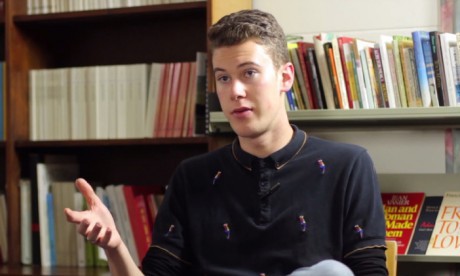It was at the time of those terrible raids and terrorist allegations, during which any media coverage of the affair was very one-sided, and the Tuhoe were portrayed as a threat to national security.
In light of this, the prospect of travelling into the heart of the Ureweras and staying with this group of people was somewhat daunting.
The powhiri on arrival was a very intense cultural experience, but immediately the warmth and hospitality of the Tuhoe was evident. This was of course such a stark contrast to the way in which they were portrayed in the media.
How powerful perspective, and prejudice, can be. They welcomed our group with a deep respect for us as people, as well as an evident respect for their own people, their ancestors and the significance and sacredness of their place (in Ruatahuna of the Ureweras).
I was struck by the immediate sense of trust and communality, and the incredible generosity with which they introduced themselves and their surroundings. This respect, hospitality and generosity characterised the meals they hosted, the stories they shared, and everything they did for us and with us during our stay.
I was also struck by the deep spirituality they shared with us and expressed in different ways throughout our time with them.
This spirituality was strongly linked in with their surrounding environment, and their encompassing cultural story and identity, but above all it seemed to communicate a sense of interconnectedness, and in doing so drew us into that dynamic reality of interconnection.
There are different churches and faith traditions in the area, but this spirituality transcended individual religious institutions, and the people of the different denominations supported each other in honouring and upholding the various components of their community and cultural identity with dignity and, again, deep respect. Continue reading
- Daniel Kleinsman is a lawyer and a Marist seminarian in Auckland.
- Photo credit: The Wireless.
News category: Analysis and Comment.




